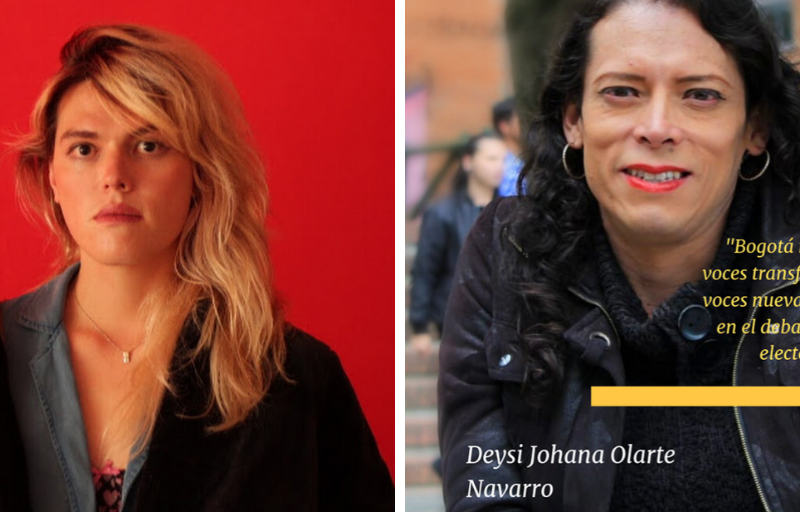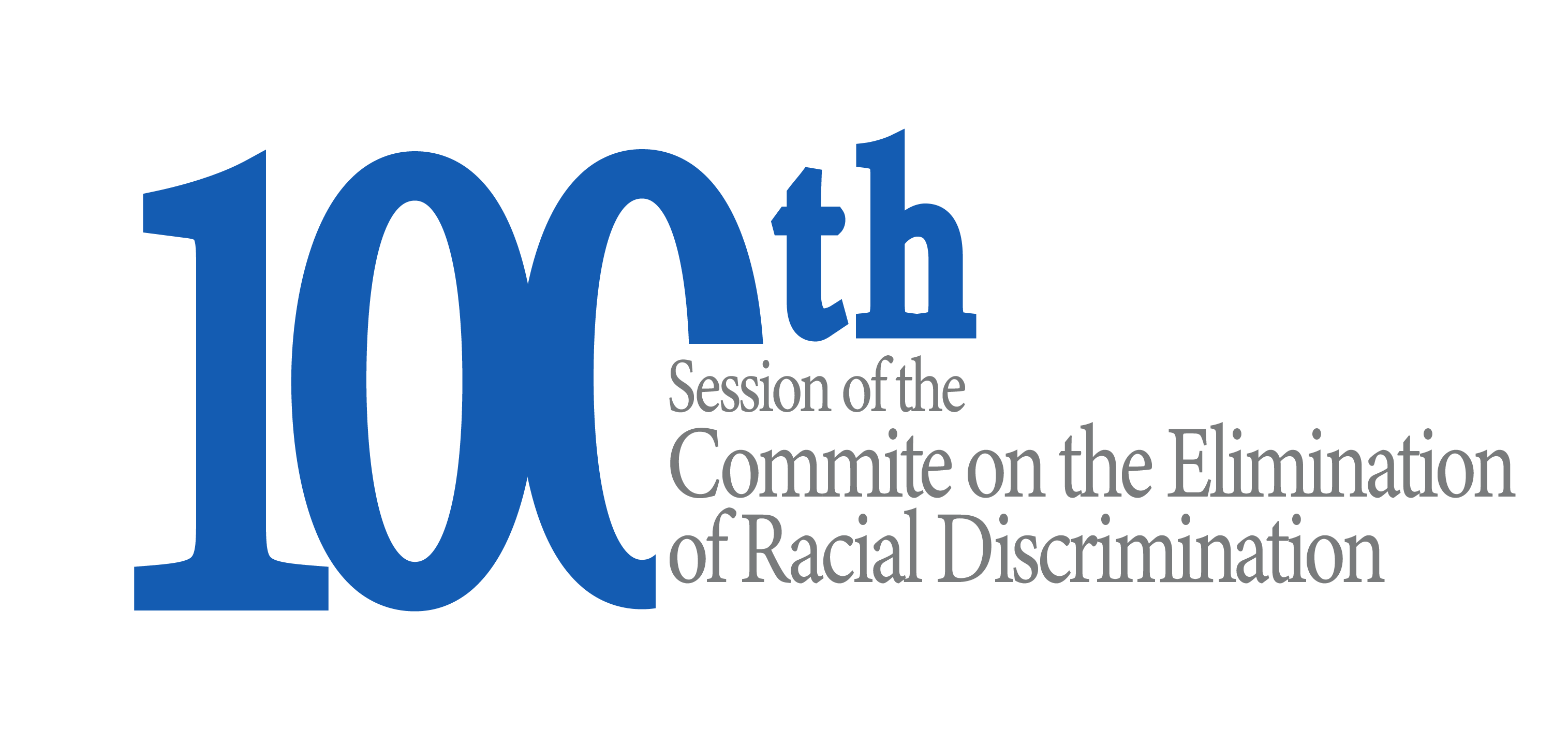Statement by Civil Society Organizations on the Occasion of the Oral Update Regarding the Situation in Nicaragua to be Delivered by the UNHCHR
December 11th, 2019. We, the undersigned civil society organizations, would like to express our alarm to United Nations High Commissioner Michelle Bachelet regarding the escalation of repression in Nicaragua and the unwillingness of the Nicaraguan State to respond to the appeals contained in the resolution ‘Promotion and Protection of Human Rights in Nicaragua’ (A/HRC/40/L.8) approved by the United Nations Human Rights Council in March 2019.
To that end, nearly a year after the adoption of the aforementioned resolution, we the organizations that sign the present statement wish to report that the concerns, requests, and appeals contained in said resolution continue to be valid today:
1. The grave human rights violations committed in Nicaragua since April 2018
The assaults, threats, and reprisals continue against human rights defenders, journalists, indigenous people, Afro-descendants, LGBTI persons, former prisoners, relatives of victims of repression, boys, girls, and adolescents, members of the Catholic Church, and citizens exercising their right to dissent. Illegal forced entries and degrading treatment by the police continue being recorded, as occurred in the recent case with the Reyes Alonso family. Police violence that produces lethal effects is ongoing, above all in the countryside, where organizations have recorded the assassinations of some 30 campesino leaders between April 2018 and September 2019 in incidents that could constitute extrajudicial executions.
2. Restrictions on civic space and expressions of dissent in Nicaragua
The legal status of nine non-governmental organizations that were shuttered in December 2018 with the goal of ending decades of work in defense of human rights and democracy has not been restored. Their assets are in the hands of the police. The media outlets Confidencial [Confidential] and 100% Noticias [100% News] continue being unable to broadcast on open television and their offices and work equipment have been illegally occupied for nearly a year.
3. Respect for the rights to freedom of assembly, association, and expression
The police restriction to respect the right to protest has not been nullified. Nor has the government addressed the appeal of the international community to release persons who have been arbitrarily or illegally detained. While it is true that more than 400 people were released from prison between February and May of this year, the Alianza Cívica por la Justicia y la Democracia [Civic Alliance for Justice and Democracy] reports that through November, at least 159 people continue to be jailed, including two adolescents. Those political prisoners include 16 defenders detained in November for bringing water to a group of mothers on a hunger strike. These people are criminalized for their opposition to the government and their work denouncing [violations] and protecting human rights.
4. Cooperation with the Office of the High Commissioner, mechanisms of the Human Rights Council, and the organs created by virtue of competent treaties, as well as the Organization of American States and Inter-American Commission on Human Rights (IACHR)
On August 30, 2018, the Ministry of Foreign Affairs of Nicaragua rescinded the invitation to the OHCHR and in December 2018 decided to expel the Interdisciplinary Group of Independent Experts (GIEI) and the IACHR’s Special Monitoring Mechanism for Nicaragua (MESENI) from the country. Since then, they have not been able to reenter the country, despite multiple requests.
5. The resumption of the National Dialogue
The government continues refusing to rejoin the Dialogue Roundtable, nor does it accept civil society organizations’ willingness to comply with the roadmap that had been approved by the previous Dialogue begun in February 2019. While the Nicaraguan Assembly approved Law 985 in January of this year, whose purpose is to “establish the general legal framework that guarantees a culture of dialogue,” this law does not take into account the multiple human rights violations that have transpired since April 2018, nor does it consider members of the opposition or human rights defenders to be subjects of the Dialogue.
6. An exhaustive and transparent process of accountability with an eye to ensuring that victims of human rights violations and abuse in Nicaragua can access justice and reparations
The government of Nicaragua continues denying the denunciations of human rights violations and hopes to perpetuate impunity through legal instruments such as the Amnesty Law approved in June 2019, which does not comply with human rights standards with regard to accountability and has not included civil society participation in its process of adoption and the Comprehensive Attention to Victims Act approved last May, which does not enshrine the right of victims to file appeals before judicial authorities and continues designating individuals opposed to the government as authors of the failed coup d’état rather than victims of repression. Nor has it provided an explanation for the 328 assassinations documented by the IACHR or prosecuted the material or intellectual authors of those crimes.
7. Exhaustive report of the United Nations High Commissioner for Human Rights regarding the human rights situation in Nicaragua
We, the undersigned organizations, are warning about the risk of greater violence on one hand, keeping in mind that the causes that motivated the protests in April have not been addressed by the State and on the other, we anticipate tensions once elections draw near in November 2021 and the government of Nicaragua exerts greater force to ensure its reelection without essential democratic guarantees. As of this writing, there are no indications in Nicaragua that the authorities have the will to guarantee truth, justice, and reparations for the victims of the repression and their relatives.
We the organizations that have signed the present statement ask the United Nations High Commissioner for Human Rights to keep in mind the context described above when she delivers her next oral update in March 2020. We additionally urge the United Nations Human Rights Council and diplomatic missions at the United Nations to renew the ‘Promotion and Protection of Human Rights in Nicaragua’ resolution so that the OHCHR can continue monitoring and documenting the grave human rights situation in Nicaragua.
Signatories:
- Instituto Internacional sobre Raza, Igualdad y Derechos Humanos (Raza e Igualdad)
- Servicio Internacional para los Derechos Humanos (ISHR)
- CIVICUS: World Alliance for Citizen Participation
- Iniciativa Mesoamericana de Mujeres Defensoras de Derechos Humanos (IM-Defensoras)
- Fondo de Acción Urgente para América Latina y el Caribe (FAU-AL)
- Centro por la Justicia y el Derecho Internacional (CEJIL)
- Concertación Interamericana de Mujeres en Acción
- Arrupe Human Rights Observatory (USF)
- Centro Nicaragüense de Derechos Humanos (CENIDH)
- Comisión Permanente de Derechos Humanos (CPDH)
- Centro de Información y Servicios de Asesoría en Salud (CISAS – Costa Rica)
- Iniciativa Nicaragüenses de Defensoras (IN-Defensoras)
- Comité de América Latina y El Caribe para la Defensa de los Derechos de las Mujeres (CLADEM)
- Asociación Madres de Abril (AMA)
- Colectivo de Derechos Humanos Nicaragua Nunca +
- Fundación Puntos de Encuentro
- Instituto de Estudios Estratégicos y Políticas Públicas (IEEPP)
- Academia Nicaragüense de las Ciencias Jurídicas y Políticas
- Academia de Ciencias de Nicaragua (ACN)
- Centro de Investigación de la Comunicación (CINCO)
- Fundación Violeta Barrios de Chamorro (FVBCH)
- Instituto de Liderazgo de Las Segovias (ILLS)
- Asociación Hagamos Democracia (Hademos)
- Instituto para el Desarrollo y la Democracia (IPADE)
- Centro por la Justicia y Derechos Humanos de la Costa Atlántica de Nicaragua (CEJUDHCAN)
- Centro de Asistencia Legal a Pueblos Indígenas (CALPI)
- Centro de Investigación y Acción Educativa Social (CIASES)
- Unidad de Defensa Jurídica (UDJ)
- Movimiento por Nicaragua (MpN)
- Movimiento Autónomo de Mujeres (MAM)
- Red de Mujeres Contra la Violencia (RMCV)
- Red de Mujeres de Matagalpa
- Colectivo de Mujeres de Matagalpa
- Asociación Colectivo de Mujeres 8 de Marzo
- Movimiento de jóvenes feministas Las Malcriadas
- Grupo Lésbico Feminista Artemisa
- Mesa Nacional LGBTIQ Nicaragua
- Fundación POPOL NA
- Fundación del Río
- Radio Darío
- 100% Noticias
- Radio La Costeñísima
- Confidencial
- Periodistas y Comunicadores Independientes de Nicaragua (PCIN)
- Movimiento Nicaragüense de Profesionales del Turismo
- Centro de Estudios y Capacitación Familiar (CEFA)
- Centro de la Mujer ACCIÓN YA
- Acción en Red
- Asociación Agentes de Cambio
- Cotidiano Mujer
- Centro de la Mujer Peruana “Flora Tristán”
- DEMUS – Estudio para la Defensa de los Derechos de la Mujer, Perú
- Colectivo por la Igualdad de Género Piura
- Feministas por la Democracia
- Grupo Impulsor Mujeres y Cambio Climático (GIMCC)
- Activismo Digital Nicaragüense (ADNIC)
- Acción Universitaria
- Unidos por Nicaragua
- Movimiento Costeño Autoconvocado
- Movimiento Universitario Costeño 19 de Abril
- Comité Cívico Universitario
- Movimiento 19 de Abril de Rivas
- Morada Feminista Nicaragua UK
- Unidad por los Exiliados Nicaragüenses en Panamá
- Feministas Autoconvocadas de Barcelona
- SOS Nicaragua Madrid
- Feministas Madrid por Nicaragua
- GENERA
- Movimientos Sociales de Nueva Segovia
- Movimiento 19 de abril Matagalpa
- SOS Nicaragua France





